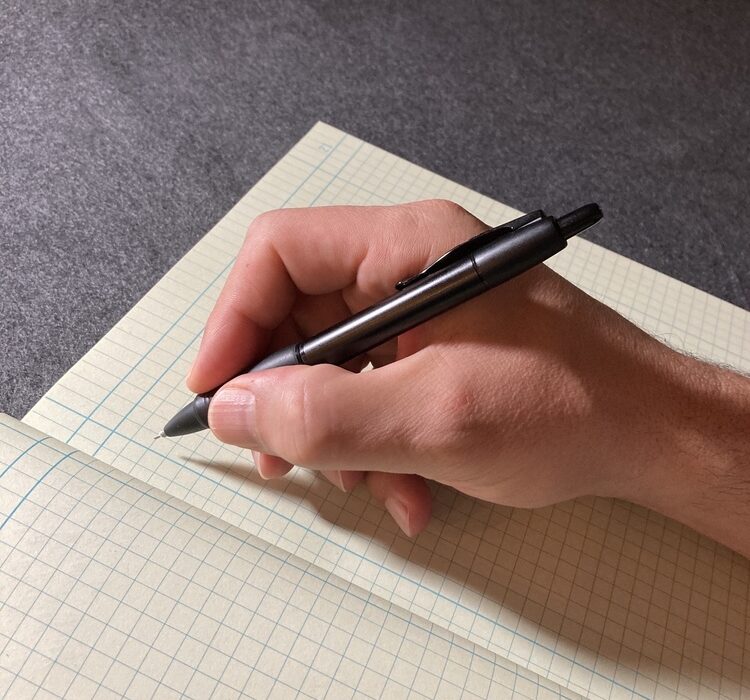I have this image of our home as a bunch of related-rates problems: There’s inflow and outflow. Energy: In through my electric meter, out through lighting, waste heat and heating/cooling, water heater, etc.. Climate control: Heat flow in from heating/cooling system, the wood stove, the sun, versus losses through the attic, windows, doors, etc.. Mass: The balance of the rates of the flow of all the stuff.
Ever stop to think of that? Think of your home as a sealed balloon which has two, (or more of course,) doors, (garage doors count,) through which everything passes. Everything—no exceptions—passes in first, and then out second. Everything–every single thing, including the people–is only inside temporarily. The people come and go most frequently, (some pets might exceed some people I suppose,) and some things might remain inside for decades. But still, inside only temporarily.
You know that at some point you, (and everyone else if you share your home,) will go out for the last time. You might carry some things with you on your last exit, or you might arrange for someone else to come in, (and go out and in and out and in and out one last time,) to remove things after you go out for the last time. And of course eventually the entire structure will be removed and certainly at that point, everything you brought in—everything that was temporarily still inside—will go out at that point.
Where does everything you carry in from the market and grocery store go? Where does the furniture go? The books? The nick-naks? The packages and packing material from purchases? The clothes? The postal mail? The firewood you carry in is vastly more massive than the ashes you carry out; where does all that mass go?
Based on how the things around me make me feel, I know I have too much stuff. When I think of our stuff this way—as just a mass of stuff that’s temporarily inside our home—it’s much easier to keep my life under control. Too much stuff? …all I need to do is make sure more goes out than comes in, on average, and the problem will subside.
…and I can have fun with it. If something breaks, is worn out, or I’m done with it, that’s the outbound mass for today! Can I recycle this random thing? Can I FreeCycle this random thing? I no longer feel bad about sending things out, (wether that means landfill, recycle, giveaway, whatever… as appropriate.) Instead, I now find I feel bad about bringing things in. Each time I consider buying something, I think: Do I want to bring that into my life?
ɕ

